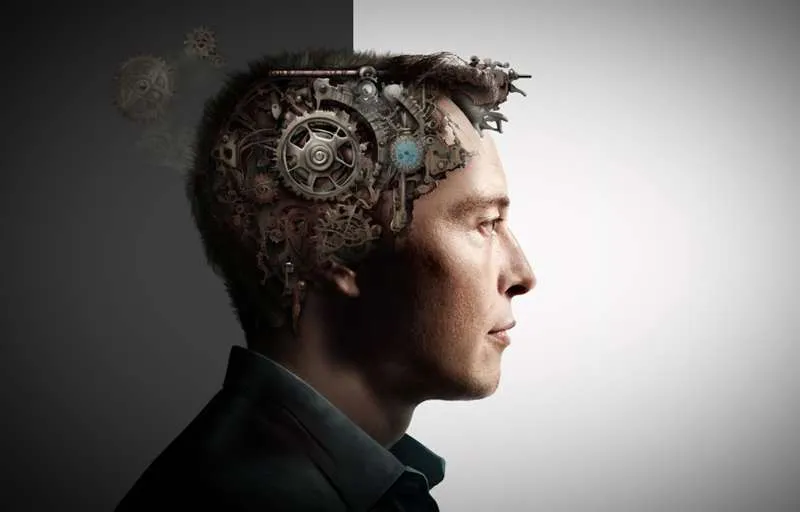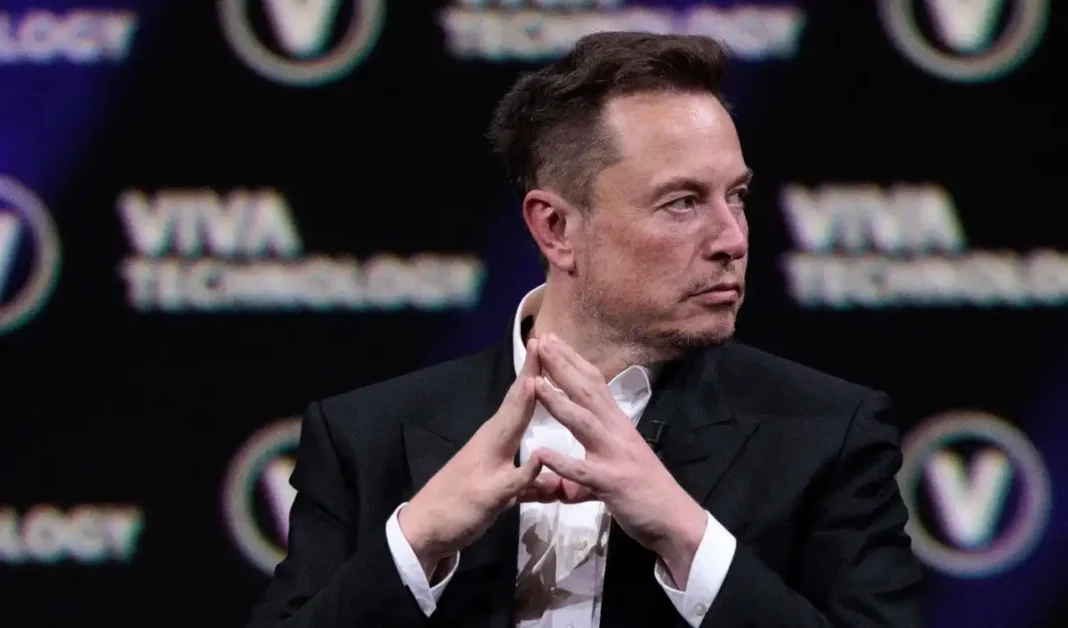When we think of extreme intelligence, the first names that often come to mind are those of highly successful individuals like Elon Musk, Albert Einstein, or Nikola Tesla. Their contributions to science, technology, and society are monumental. However, the brilliance that characterizes their minds often comes with significant personal costs. In this article, we will delve into the true price of extreme intelligence, exploring its impact on mental health, social relationships, and overall well-being.
Elon Musk: A Case Study in Hyper-intelligence
Elon Musk, the CEO of SpaceX and Tesla, is a prime example of extreme intelligence. His recent comments during an interview reveal a lot about the inner workings of a highly intelligent mind. Musk stated, “My mind is a storm. I don’t think most people would want to be me. They may think they would want to be me, but they don’t. They don’t know. They don’t understand.“
This statement sheds light on the intense mental activity that accompanies high-level genius. Musk’s mind is constantly in overdrive, akin to what psychologists describe as hypermania. This state is characterized by rapid thought processes and heightened creativity, but it can also lead to significant distress and dysfunction.

The Burden of Hypermania
Hypermania, a state often associated with extreme intelligence, can be both a blessing and a curse. On the positive side, it fuels creativity and innovation. However, it also brings challenges such as:
- Overstimulation: Individuals with hypermania experience a relentless flow of ideas and thoughts, which can be overwhelming. This constant mental activity can lead to difficulty in focusing on one task at a time.
- Mental Exhaustion: The brain’s incessant activity can result in severe mental fatigue, making it difficult for individuals to relax or unwind.
- Emotional Instability: The heightened mental state can also contribute to emotional volatility, increasing the risk of conditions such as anxiety and depression.
The Verbal Fluency Test: A Measure of Creative Genius
A simple yet revealing test for gauging creativity and mental agility is the verbal fluency test. This test measures how many words an individual can produce in a given timeframe. For example, participants might be asked to write down as many four-letter words starting with “T” in three minutes.
Research shows a strong correlation between the number of words produced and lifetime creative achievement, particularly in artistic and verbal domains. Individuals who can generate a high number of words in such tests often exhibit hypermanic traits, processing thoughts at an accelerated rate.
The Dark Side of Genius
While extreme intelligence can lead to remarkable achievements, it also has a darker side. The constant mental stimulation can sometimes tip into mania, a condition where individuals experience an overwhelming flood of ideas and emotions. Mania is characterized by:
- Impulsivity: A tendency to make hasty decisions without considering the consequences.
- Grandiosity: An inflated sense of self-importance and capabilities.
- Erratic Behavior: Inability to maintain a stable course of action, often leading to chaotic outcomes.
Coping Mechanisms: The Role of Conscientiousness
One of the key factors that help individuals like Elon Musk manage their extreme intelligence is conscientiousness. Musk is not only a creative genius but also an extremely conscientious engineer. This combination allows him to channel his creative energy into productive outcomes.
Conscientiousness involves traits such as:
- Diligence: Consistently working hard and paying attention to detail.
- Organization: Ability to structure tasks and manage time effectively.
- Responsibility: A strong sense of duty and commitment to completing tasks.
These traits help counterbalance the chaotic nature of hypermania, enabling individuals to harness their creativity constructively. WebMD on Conscientiousness
Supporting Examples: Ben Shapiro and Russell Brand
Ben Shapiro and Russell Brand are other examples of individuals with extreme intelligence. Shapiro is known for his rapid speech and quick thinking, indicative of a mind operating at an accelerated pace. Similarly, Brand’s quick wit and ability to generate insightful commentary demonstrate a high level of mental agility.
Both individuals exemplify the dual-edged nature of extreme intelligence—capable of producing profound insights but also prone to the challenges of managing such a fast-paced mind.
The Price of Genius: Mental Health Struggles
The intense mental activity associated with extreme intelligence often comes at the cost of mental health. Common issues include:
- Anxiety: The pressure to continuously produce innovative ideas can lead to chronic stress and anxiety.
- Depression: The relentless pursuit of perfection and fear of failure can result in depressive episodes.
- Substance Abuse: Some individuals turn to substances like alcohol or drugs to quiet their minds and escape the constant mental barrage.
Conclusion: Embracing the Complexity of Genius
Extreme intelligence is a double-edged sword. While it can drive innovation and creativity, it also comes with significant personal costs. Understanding the challenges faced by highly intelligent individuals like Elon Musk helps us appreciate the complexity of their minds and the true price of genius.
For more insights into the lives of geniuses and the cost of extreme intelligence, check out the following resources:
By understanding and addressing the hidden challenges of extreme intelligence, we can better support those who possess this remarkable gift and help them lead balanced, fulfilling lives.


